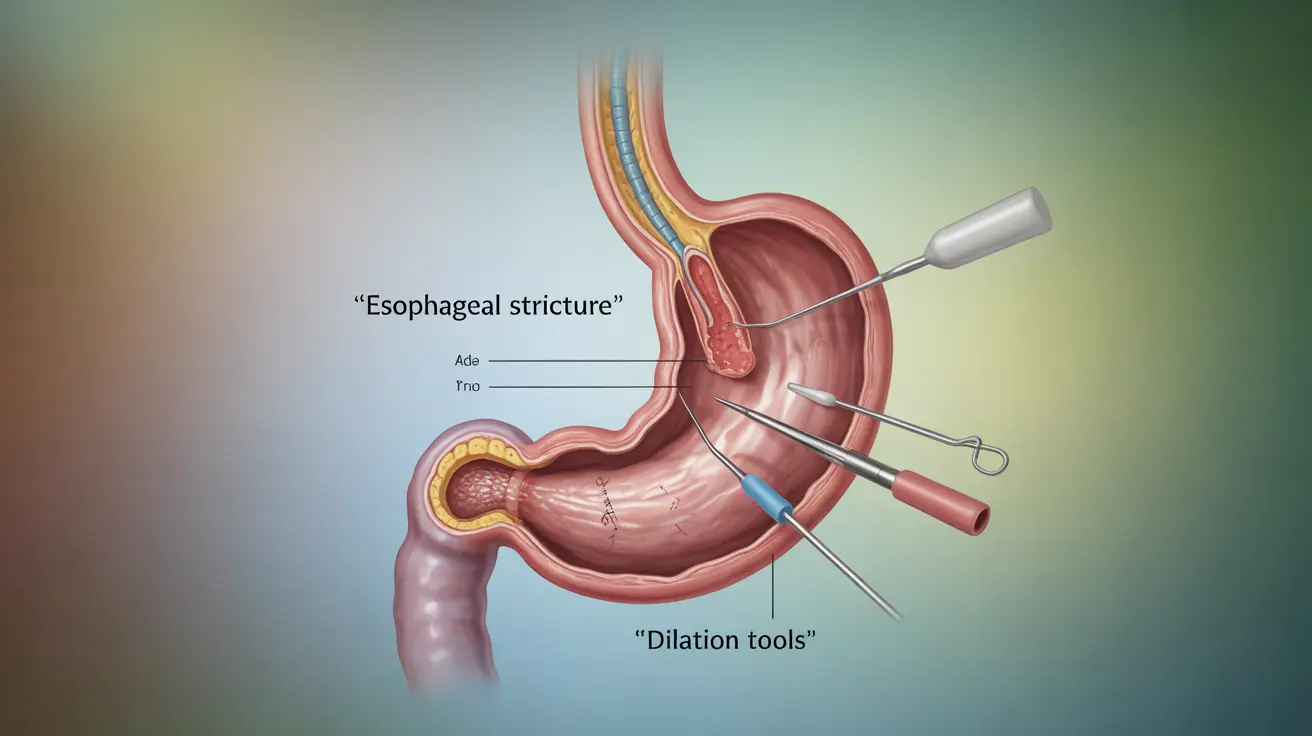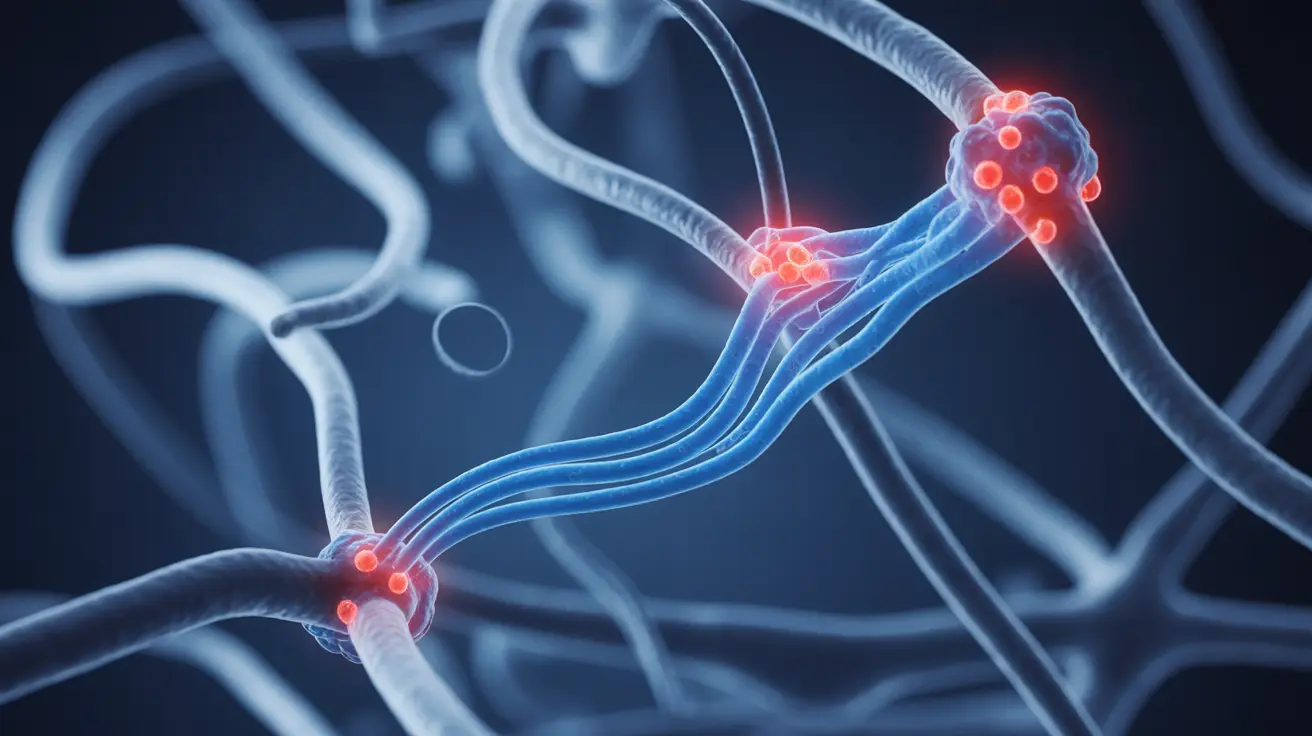Quitting smoking is a significant achievement, but the journey doesn't end once you've stopped. Many individuals face the challenge of smoking relapse, which is a common part of the quitting process. Understanding what causes relapse and how to prevent it can significantly increase your chances of long-term success in staying smoke-free.
This comprehensive guide will explore the various aspects of smoking relapse, from common triggers to effective prevention strategies, helping you maintain your commitment to a smoke-free life.
Understanding Common Triggers for Smoking Relapse
Identifying and understanding your personal triggers is crucial for preventing smoking relapse. Common triggers often include:
- Social situations where others are smoking
- Stressful life events or daily stress
- Alcohol consumption
- Certain times of day or specific routines
- Emotional challenges like anxiety or depression
Being aware of these triggers allows you to develop targeted strategies to manage them effectively and maintain your smoke-free status.
The Impact of Stress and Weight Management
Stress and concerns about weight gain are two significant factors that can challenge your commitment to staying smoke-free. Nicotine acts as both a stimulant and an appetite suppressant, making stress management and weight control particularly important aspects of preventing relapse.
Managing Stress Without Cigarettes
Developing healthy stress management techniques is essential. Consider incorporating these strategies:
- Regular exercise or physical activity
- Deep breathing exercises
- Meditation or mindfulness practices
- Engaging in enjoyable hobbies
- Seeking support from friends or family
Addressing Weight Concerns
Weight gain concerns can be addressed through:
- Balanced, portion-controlled eating
- Regular physical activity
- Healthy snacking alternatives
- Consulting with a nutritionist if needed
Effective Strategies for Managing Nicotine Withdrawal
Withdrawal symptoms can be challenging, but there are various ways to manage them effectively:
Physical Strategies
- Regular exercise
- Staying hydrated
- Getting adequate sleep
- Deep breathing exercises
Behavioral Strategies
Changing routines and behaviors that were associated with smoking can help prevent relapse:
- Creating new daily routines
- Finding alternative stress-relief methods
- Avoiding triggering situations initially
- Developing healthy coping mechanisms
Alternative Approaches to Nicotine Replacement
While nicotine replacement therapy (NRT) is common, several alternative approaches can support your quit journey:
- Behavioral therapy
- Prescription medications (consult your healthcare provider)
- Acupuncture
- Support groups
- Mobile apps and digital tools
Maintaining Motivation After a Setback
If you experience a relapse, it's important to approach it as a learning opportunity rather than a failure. Use these strategies to stay motivated:
- Review and reinforce your reasons for quitting
- Learn from what triggered the relapse
- Strengthen your support system
- Set new, achievable goals
- Celebrate small successes
Frequently Asked Questions
What are common triggers for smoking relapse after quitting?
Common triggers include social situations, stress, alcohol consumption, emotional challenges, and specific daily routines or environments associated with past smoking habits.
How can stress and weight gain affect my ability to quit smoking?
Stress and weight gain concerns can significantly impact quit attempts because nicotine acts as both a stress reliever and appetite suppressant. Managing these factors through healthy alternatives and lifestyle changes is crucial for success.
What are some effective strategies to manage nicotine withdrawal symptoms?
Effective strategies include regular exercise, staying hydrated, practicing stress-management techniques, maintaining healthy sleep patterns, and using behavioral strategies to cope with cravings.
Are there any safe and effective alternatives to nicotine replacement therapy?
Yes, alternatives include behavioral therapy, prescription medications (under medical supervision), acupuncture, support groups, and digital tools designed to help quit smoking.
How can I prevent feelings of guilt after a smoking relapse and stay motivated to quit?
View relapse as a learning opportunity rather than a failure. Analyze what led to the relapse, reinforce your reasons for quitting, strengthen your support system, and focus on the progress you've made rather than the setback.




